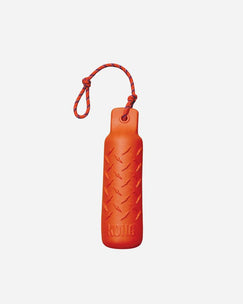Is our number one priority
Optimizing Your Dog Training Experience: Selecting the Right Tools and Tailored Techniques
Embarking on a dog training journey requires a strategic approach and the use of appropriate tools to maximize the effectiveness of each session. With various forms of training available, it's crucial to align the training method with your dog's breed characteristics. Before bringing a new furry friend into your life, familiarize yourself with the compatibility of dog breeds with specific training techniques to ensure a harmonious training experience.
Fundamental to every dog's development is puppy training, a cornerstone for shaping their behavior towards other dogs and people. Early socialization plays a pivotal role, influencing aspects such as aggression, anxiety, and fear responses in different situations. Recognizing the significance of this early phase sets the stage for a well-rounded and well-behaved canine companion.
Essential Tools for Effective Dog Training
Whether you're engaging in puppy training, young dog training, agility, nose-work, or hunting training, the right tools are indispensable. This includes quality items like a reliable dog whistle for recalls, training treats, a convenient treat bag for hands-free access, or even a clicker for clicker training enthusiasts. The goal is to streamline the training process, making it not only beneficial for your dog but also enjoyable and efficient for you.
Tailoring Training to Your Dog's Needs
Diverse dog breeds require distinct training approaches. When selecting a dog, consider factors such as temperament, lifestyle, and living conditions, aligning them with the training method that suits your preferences. If uncertainties arise, consulting with a professional dog trainer can provide valuable insights into the most suitable training techniques for you and your canine companion.
Commencing Training Early for Lasting Results
Regardless of breed, enrolling your dog in puppy training is highly advantageous. This early socialization serves as a solid foundation for your dog's future development and behavior. Instilling basic rules during the formative puppy stage minimizes behavioral issues as your dog matures. The malleability of a puppy, driven by curiosity and a penchant for learning through play, facilitates a smoother training process.



